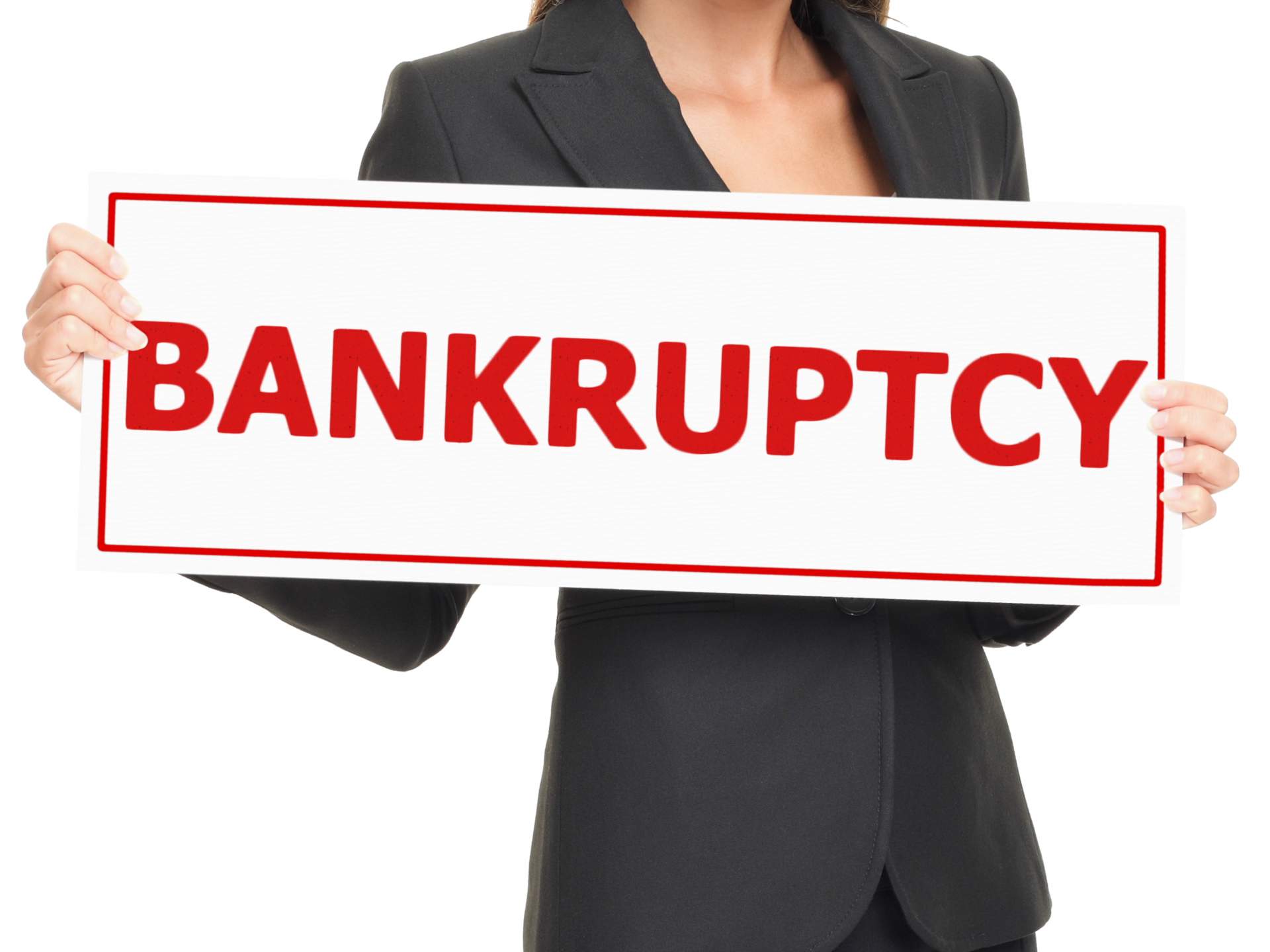Has the impact of COVID-19 reshaped your financial landscape? You're not alone if you're seeking a transformative change in your financial situation. The aftermath of COVID-19 has left countless Canadians grappling with financial stress, with nearly 50% admitting they live precariously close to bankruptcy. Recognizing your challenges, Solutions Credit Counselling is your trusted partner in navigating these uncertain times.

Zombie Debts – Part I
Wednesday, 22 February 2012
People are surprised to find out that debt isn’t a simple thing. There are many kinds of debts such as good debts, bad debts, family debts, mortgage debts, corporate debts, government debts, secured debts, unsecured debts, consumer debts, statute barred debts and now a brand new one – zombie debts.
Good debts are basically any debts that are legally binding.
Bad debts are liabilities that banks, companies and corporations write off to taxes as a loss after an aggressive period of debt collection fails to recover the outstanding amounts. The time frame varies but usually after 180 days of delinquency. This also means the consumer ends up with the lowest ranking on the credit rating score – the feared and all powerful R9 rating. This rating will prevent people from qualifying for a mortgage, car loan or many other important day to day transactions – even for a small amount credit card.
Family debts are ambiguous obligations between family members, brothers or sisters, parents and their children (often a sizeable amount for a down payment on a house), friends (for investments etc.) or between spouses where most often there are no written contracts. Everything is verbal. Sometimes poorly written contracts exist but are awkward to enforce if the situation should arise (like a marital breakdown or a downturn in the market).
Mortgage debts are loans secured by real property.
Corporate debts are liabilities in a company name, not a person.
Government debts are amounts owed to any government (federal, provincial or municipal) things like income tax, property tax, fines, outstanding health care premiums, student loans etc.
Secured debts are loans that have collateral (property) that the creditor may take possession of in the event of a default.
Unsecured debts are promissory notes and loan agreements that have no property pledged as collateral to secure the loan. Credit card debt falls into this category.
Consumer debts are those liabilities in the name of a person and not a company or corporation.
Statute barred debts are debts that have been extinguished or cannot otherwise be pursued in court after a period of time specified by a provincial statute. Most provinces in Canada maintain a 6 year period from the last time the debt was acknowledged. This can get tricky. If a collection agency calls you on the 11th month of the 5th year and asks you to make a $5.00 payment on the account this would reactivate the debt for another 6 years if you paid the $5.00. The same would happen if you agreed in writing that you owed the money – then the 6 year cycle would begin all over again.
Zombie debts are a novel category of classification by newcomers to the debt collection world. I like the term because it draws attention to scary, abusive and unlawful collection practices by unscrupulous companies, debt collectors and in some cases, credit counselling agencies who fail to do their due diligence for their clients.
This next generation of advocates to the world of debt collection draws particular attention to statute barred debts that for many people become monsters and their worst nightmares.
***
A friend of mine came to me just a weak ago shivering with fright about an old debt he had paid years ago but it didn’t show up in the mortgage preapproval process when they purchased their new home and removed all the subject clauses. The mortgage broker called 5 days before the closing date and said, “We seem to have a problem. There’s an R9 on your credit bureau report.”
Upon further investigation he found out that it was indeed a debt for $2,600.00 that was supposed to have been paid by an insurance company many years ago – probably over 6 years ago. He was adamant that the debt was not owing but absolutely terrified that their house purchase might fall through for such a ‘small amount.’ His wife insisted he pay it off and not jeopardize their house purchase…
I told him that this was an unlawful collection and he should file a complaint against the bank for collecting on a debt that was not owing. This is one definition of harassment by provincial governments – collecting on a debt that is not owing. He agreed to take action against the bank and then proceeded to pay off the unlawful debt. His wife refused to pursue the matter further because she didn’t want any trouble. They were truly threatened by the ominous power that banks and bill collectors hold over people – even when they are breaking the law.
***
Another very close friend of mine found out completely by accident one day there was an R9 registered at the credit bureau against a spousal credit card in her husband’s name for a debt of $500.00. After several requests for a copy of the transaction from the collection agency it turned out to be a single transaction 4 years previous. The credit card company never once sent any notice to her or her husband regarding the alleged debt. Then, 4 years later, a collection agency came calling.
It turned out the husband never used the credit card – as in never. He disliked that particular company intensely. The transaction was fraudulent or a merchant error…
After advising the collection agency and the principal creditor of the fraud or merchant error, the account was reassigned to a different national collection agency that repeated the entire cycle of harassment all over again…
This happened a total of three times.
Despite the husband’s emotional pleas to sue the agency and the principal creditor, the wife refused because it was a small amount and not worth the time and energy to engage an unwieldy and unpredictable court system.












